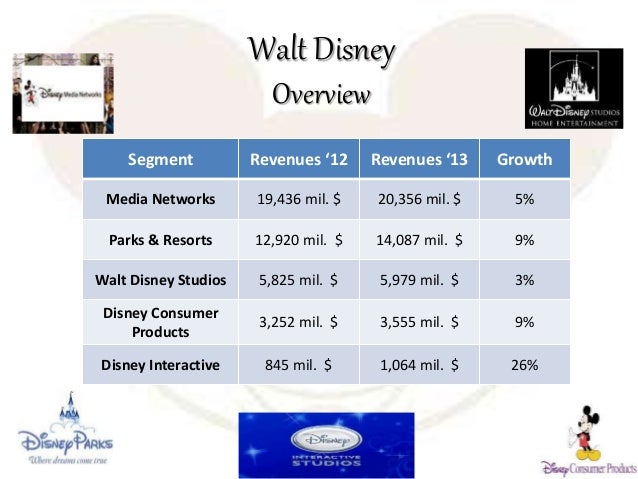Imagine a world where the vast majority of our entertainment, from movies and theme parks to toys and television shows, is controlled by a single entity. This isn’t a dystopian fiction; it’s a reality shaped by the ever-growing influence of Disney, a company that has become synonymous with commercial culture itself.

Image: www.disneyfanatic.com
Disney isn’t just a cartoon mouse anymore. It’s a global empire that has swallowed up countless media outlets, encompassing a staggering portfolio of brands across film, television, music, theme parks, consumer products, and more. This concentrated ownership raises crucial questions about its impact on creativity, diversity, and the very fabric of our cultural landscape.
The Disneyfication of Entertainment
From Mickey Mouse to Marvel
Disney’s ascent to power began with the iconic Mickey Mouse, a character who quickly became a worldwide phenomenon. Over the decades, Disney acquired numerous other studios, expanding its reach across different genres and demographics. From the animation powerhouse of Pixar to the action-packed universe of Marvel, Disney’s acquisitions have consistently chipped away at the diversity of the entertainment landscape.
The Rise of Franchises
One of the key strategies employed by Disney is the creation and expansion of franchises, creating interconnected universes that cater to a dedicated fan base. From the “Star Wars” saga to the “Avengers” universe, Disney has expertly leveraged this strategy to generate endless streams of revenue. While these franchises offer entertainment value and shared experiences, they also raise concerns about the homogenization of storytelling and the stifling of other creative voices.

Image: gbfl.fr
Beyond Entertainment
Disney’s influence extends far beyond Hollywood. The company owns ABC, ESPN, and a vast network of radio stations, dominating broadcast television and sports media. Its theme parks are global tourist attractions, while its consumer products, ranging from clothing and toys to home goods, are ubiquitous. This multifaceted reach allows Disney to shape not only our entertainment choices but also our daily experiences.
The Impact of Concentrated Ownership
The Erosion of Diversity
The dominance of Disney and its vast array of brands creates a homogenized media landscape. This can lead to a lack of diversity in storytelling, both in terms of genres and representation. The focus on familiar franchises and pre-existing narratives can limit the space for fresh ideas and independent voices.
The Influence on Creative Expression
While Disney’s artistic legacy is undeniable, its immense market power can create a pressure cooker for creative professionals. The pursuit of commercial success can sometimes overshadow artistic integrity, leading to a focus on formulaic storytelling and predictable outcomes.
The Control over Information
Disney’s influence extends to the news media through its ownership of ABC and ESPN. This presents concerns about the potential for bias in reporting and the suppression of dissenting voices. In today’s polarized political environment, the concentration of media ownership can exacerbate existing divisions.
The Counterarguments
Despite the concerns surrounding Disney’s influence, there are also arguments in favor of its role in the entertainment industry. Supporters point to the company’s commitment to quality storytelling, its ability to create memorable characters and experiences, and its worldwide reach that allows people to connect through shared narratives.
They also argue that Disney’s acquisitions have often benefited the studios and creators acquired, providing them with resources and platforms to reach wider audiences. Furthermore, they maintain that Disney has played a crucial role in advancing inclusivity and representation through its diverse cast of characters and stories.
Disney Is Part Of The Concentrated Ownership Of Commercial Culture
Looking Forward
The question of Disney’s influence on commercial culture is complex and multifaceted. While its impact is undeniable, it’s crucial to acknowledge the nuances and the various perspectives surrounding its role. The future of entertainment and the broader cultural landscape will be shaped by the choices made by companies like Disney.
As consumers, we can exercise our voice by supporting independent artists and creators, demanding diversity and representation in our entertainment, and holding those in power accountable for their impact on culture. By fostering a media landscape that nurtures creativity and values a wide range of voices, we can build a richer and more inclusive future.






